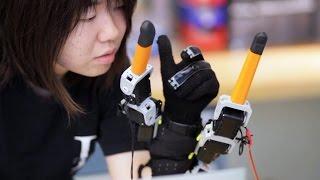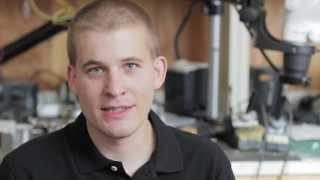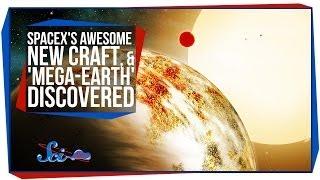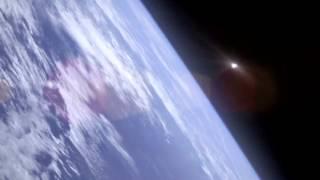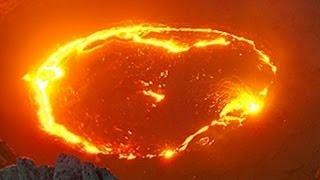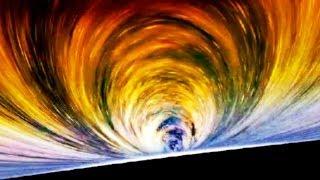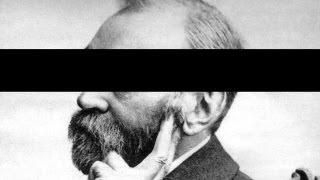Time Travel, Teleportation & Science
Time travel is the concept of moving between different points in time in a manner analogous to moving between different points in space, generally using a theoretical invention, namely a time machine. It has a commonly recognized place in philosophy and fiction, but has a very limited application in real world physics, such as in quantum mechanics or wormholes.
Although the 1895 novel The Time Machine by H. G. Wells was instrumental in moving the concept of time travel to the forefront of the public imagination, The Clock That Went Backward by Edward Page Mitchell was published in 1881 and involves a clock that allowed three men to travel backwards in time.[1][2] Non-technological forms of time travel had appeared in a number of earlier stories such as Charles Dickens' A Christmas Carol. Historically, the concept dates back to the early mythologies of Hinduism (such as the Mahabharata), Buddhism, and Islam through ancient folk tales. More recently, with advancing technology and a greater scientific understanding of the universe, the plausibility of time travel has been explored in greater detail by science fiction writers, philosophers, and physicists.
Teleportation, or Teletransportation, is the theoretical transfer of matter or energy from one point to another without traversing the physical space between them. It has a commonly recognized place in science fiction literature, film, and television, but as yet has a very limited application in real world physics, such as quantum teleportation or the study of wormholes.
Science (from Latin scientia, meaning "knowledge") is a systematic enterprise that builds and organizes knowledge in the form of testable explanations and predictions about the universe. In an older and closely related meaning, "science" also refers to a body of knowledge itself, of the type that can be rationally explained and reliably applied. A practitioner of science is known as a scientist.
In modern usage, "science" most often refers to a way of pursuing knowledge, not only the knowledge itself. It is also often restricted to those branches of study that seek to explain the phenomena of the material universe.
Source : Wikipedia
-
06:13
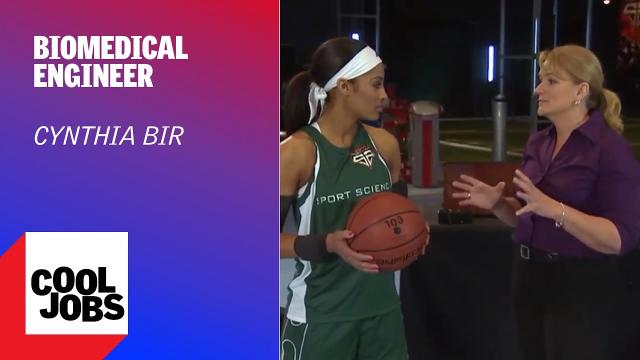
Cool Jobs: Sports Scientist Sleuth
Added 358 Views / 0 LikesSports and science don’t mix, right? Not if you ask biomedical engineer Cynthia Bir whose career focuses on using science and technology to keep athletes safe and to help them perform at their best. Episode filmed live at the 2012 World Science Festival i
-
12:45
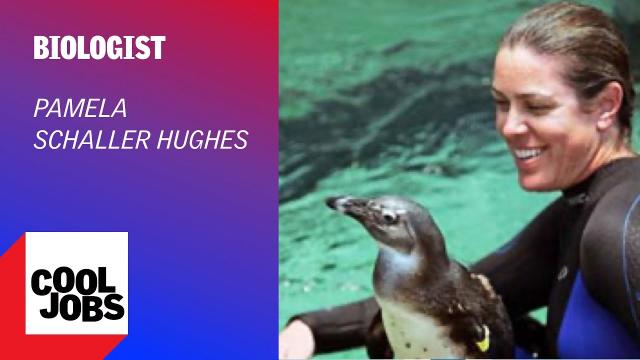
Cool Jobs: Penguin Defender
Added 490 Views / 0 LikesUsing ultrasounds, inspecting tentacles, and making protective vests for penguins is all in a day's work for aquatic biologist Pamela Schaller Hughes. Learn how she designs aquarium exhibits for endangered African penguins and how she protects other amazi
-
1:54:02
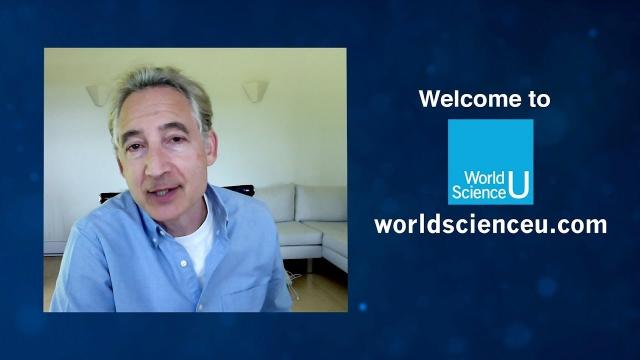
World Science U Live Q+A Session with Brian Greene
Added 483 Views / 0 LikesTune in July 24 at 3PM EDT and join Brian Greene for a live Q+A on his WSU course, Space, Time and Einstein: https://worldscienceu.com/courses/spa... To view the Master Class video for this course, visit our WSU YouTube Channel: https://youtu.be/PWo5SnrrO
-
06:57
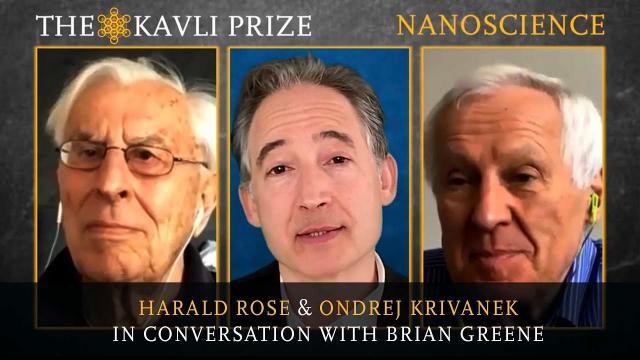
2020 Kavli Prize Winners – NANOSCIENCE: Harald Rose and Ondrej Krivanek
Added 391 Views / 0 LikesThe 2020 Kavli Prize In Nanoscience is awarded to Harald Rose, Ondrej Krivanek, Maximilian Haider, and Knut Urban for their work in sub-ångström resolution imaging and chemical analysis using electron beams. 2020 marks the twelfth anniversary of the prest
-
05:35
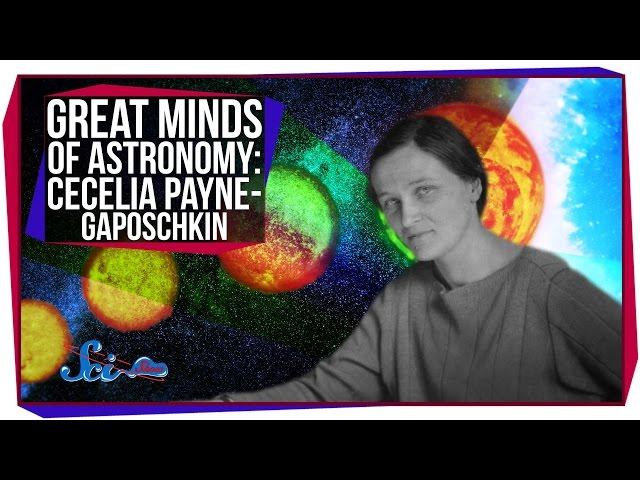
Great Minds of Astronomy: Cecilia Payne-Gaposchkin
Added 897 Views / 0 LikesGreat Minds of Astronomy: Cecilia Payne-Gaposchkin
-
02:33
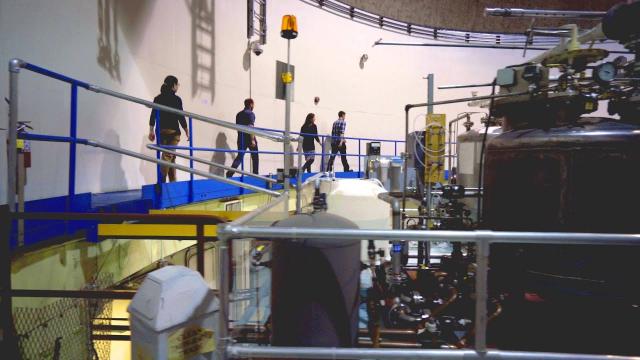
Tackling climate change with industry leaders
Added 309 Views / 0 LikesMIT Climate and Sustainability Consortium (MCSC) convenes an alliance of leaders from a broad range of industries and aims to vastly accelerate large-scale, real-world implementation of solutions to address the threat of climate change. (Learn more: https
-
06:45
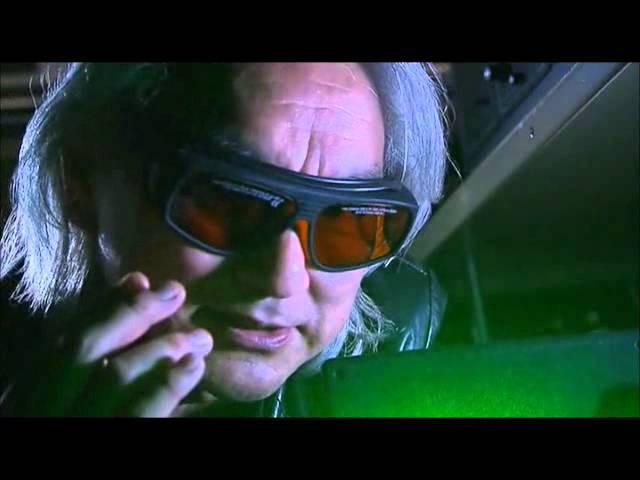
Sci-Fi Science Physics of the Impossible Season 1 Episode 5 How to become Invisible Part 2
Added 1,045 Views / 0 LikesSci-Fi Science Physics of the Impossible Season 1 Episode 5 How to become Invisible Part 2
-
07:13
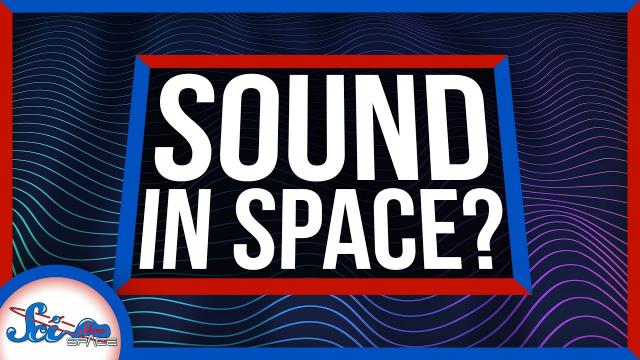
The Deepest Sound in the Universe
Added 295 Views / 0 LikesThanks to X-ray telescopes, scientists in the 1970s found the first real evidence that black holes actually existed, and astronomer Andrew Fabian has used X-ray research to unlock incredible mysteries ever since, including a giant sound wave that can trav
-
07:43
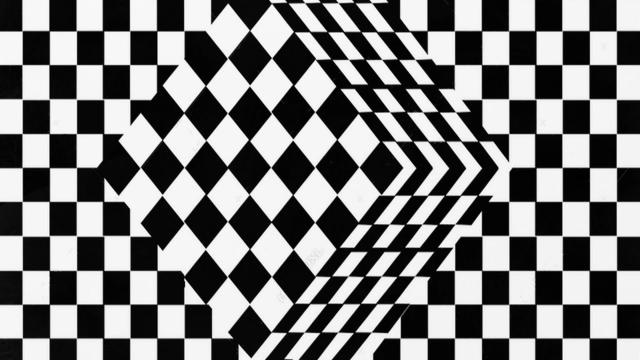
Can You See This Illusion??
Added 312 Views / 0 LikesGet our Moon Shirt in the latest Curiosity Box: http://curiositybox.com/jakeMy twitch: http://twitch.tv/jakeroperVsauce3 Discord: https://discord.gg/aVCAj6XNfkMy personal channel: https://www.youtube.com/watch?v=PF8IfIjicLkTwitter: http://twitter.com/jake
-
06:07
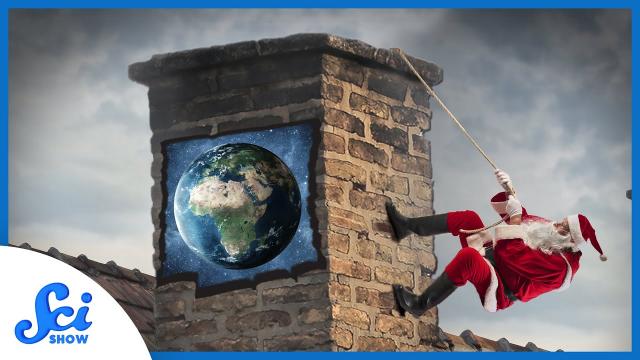
We Live in a Chimney
Added 165 Views / 0 LikesThere are some captivating things when you look up at the night sky, but our location in the Milky Way may be fogging up our view.Hosted By: Reid ReimersSciShow is on TikTok! Check us out at https://www.tiktok.com/@scishow----------Support SciShow Space b
-
06:15
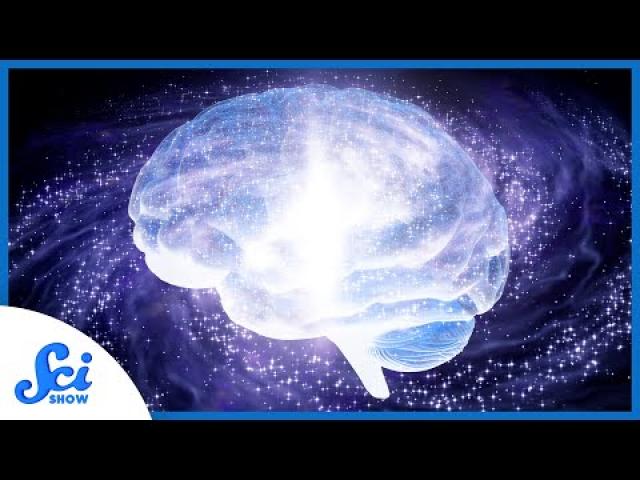
How Space Changes Your Brain
Added 262 Views / 0 LikesStart speaking a new language in 3 weeks with Babbel. Get up to 65% your subscription here: https://go.babbel.com/12m65-youtube-scishowspace-mar-2022/defaultWe've been sending people to space since the '60s, and we're just now starting to learn what that
-
02:19
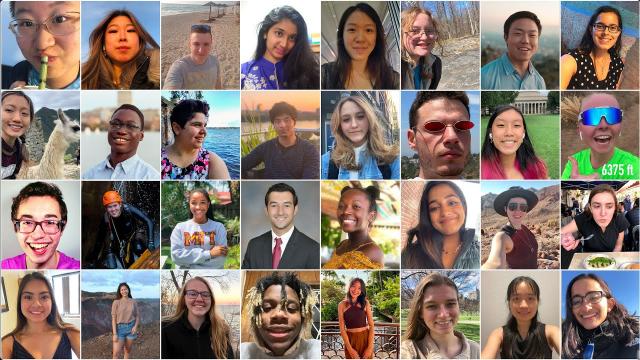
Congratulations, Class of 2022!
Added 225 Views / 0 LikesWhat have this year’s graduates gained from MIT? As Commencement nears, some say: “Courage in tackling the unknown.” “Selective ambition.” “I am better at failing and recovering.” “I no longer strive for perfection.” “I can do so much more.”Watch more vid
-
12:23
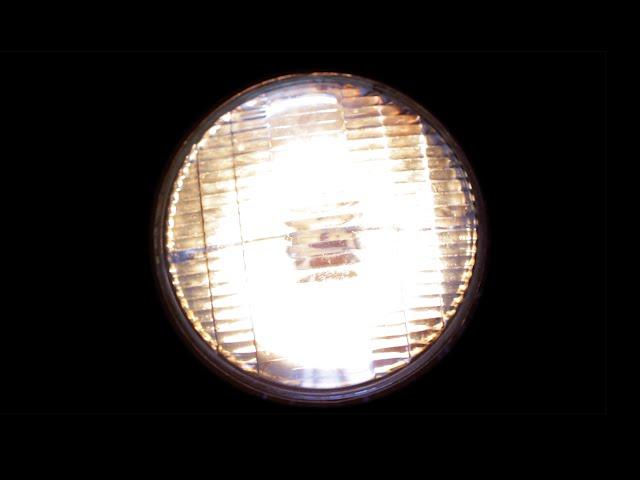
Would Headlights Work at Light Speed?
Added 726 Views / 0 LikesWould Headlights Work at Light Speed?

